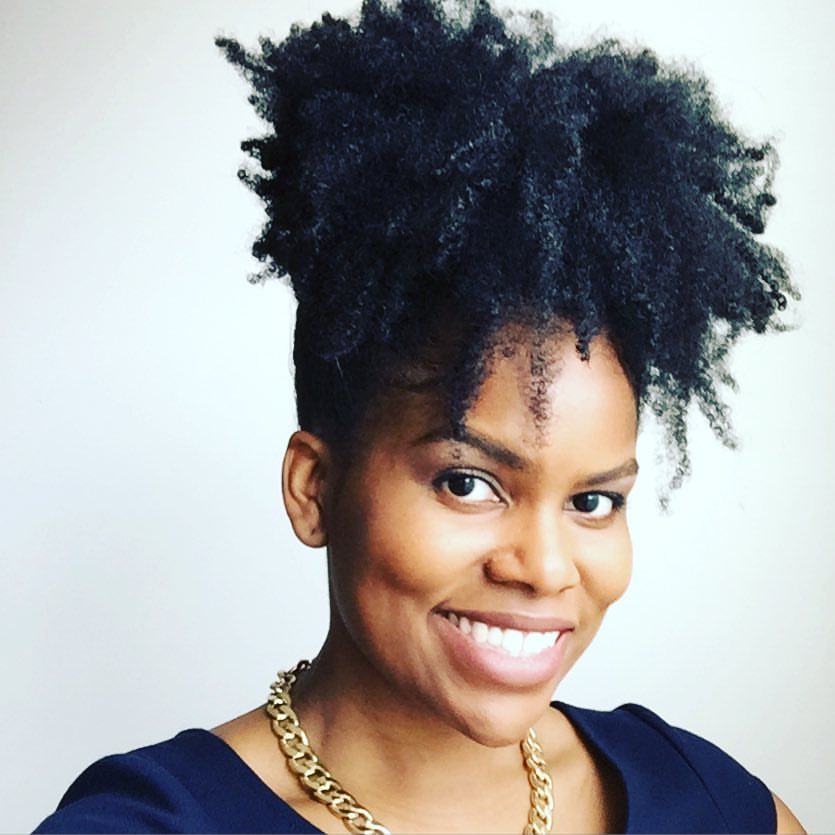The Doors of the Church are Open: Bethel AME Church-Boston Shelters Undocumented Immigrants Facing Deportation
By Rev. Shakira Sanchez Collins, MD, Columnist
The Bethel AME Church in Boston, Massachusetts, recently opened its doors as a sanctuary church for a man from El Salvador who is facing deportation by the United States Immigration and Customs Enforcement (ICE) Agency. Given the theological and social connections, the decision was a simple one for the congregation. “’Take care of the foreigner among you’ is in there [the bible] so many times. Anything that God repeats a lot of times should be where the Christian church is putting their priority,” said the Rev. Mariama White-Hammond, the pastor of social justice at Bethel-Boston.
Furthermore, the issue of undocumented immigrants affects not only the Latinx community but also those of African descent. According to a report recently published by New York University School of Law Immigrant Rights Clinic and Black Alliance for Just Immigration, about 575,000 Black immigrants were living in the U.S. without authorization in 2013. Going even further, the same U.S. prison-industrial complex that benefits from the mass incarceration of African-Americans also benefit from the increasing numbers of detained undocumented immigrants awaiting deportation and legal proceedings in detention centers often located in county jails and private prisons.
After convening to discuss their questions and concerns, Bethel-Boston, led by their pastors the Rev. Ray Hammond, M.D. and Gloria White-Hammond, M.D., did not hesitate to open their doors. “We had a resource [space] that other congregations did not have,” said the Rev. Mariama White-Hammond. While Bethel-Boston provides temporary shelter, surrounding churches and community groups provide food, 24-hour staff, emotional support, and other services.
Although churches cannot provide legal protection from deportation, churches may provide a decreased risk of deportation. According to the ICE website, ICE officials are to avoid “sensitive locations” which include places of worship, hospitals, schools, public demonstrations, and religious ceremonies (e.g., weddings and funerals). Yet, enforcement actions can still occur at “sensitive locations” if “exigent circumstances exist;” “other law enforcement actions have led officers to a sensitive location;” or “prior approval is obtained from a designated supervisory official.”
Despite the vague description provided on the governmental website, ICE has never raided a church. Yet, they have arrested undocumented immigrants near and outside churches. There are a few cases of church leaders that were arrested in the 1980s when the Rev. John Fife of Arizona and a few parishioners were arrested for sheltering undocumented refugees from El Salvador seeking asylum upon their entrance into the U.S. Nevertheless, no one served prison time. Instead, the U.S. sanctuary church movement gained experience and momentum. Given the current U.S. political climate, more churches are now joining the movement.
“We need to stand against the moral evils that are being promoted by the highest levels in our country,” said White-Hammond. “Not everyone can be a sanctuary congregation but at [a] minimum, we’ve got to stand up and say, ‘We see what you are doing and you will not do that in our communities. We reject this kind of “othering” of people and this demonization of people. We will not get down with that rhetoric.’”
The Rev. Shakira Sanchez-Collins, MD, is a resident physician, ordained minister, and health advocate. She writes about issues pertinent to the health, well-being, and lifestyle in communities of color.





